ADVERTISEMENT
Photos
Former PNH Chief, Godson Orelus, arrested for illegal arm trafficking
Former Director General of PNH, Godson Orelus, placed in custody in Saint-Marc by Dieunel Lumérant, judge instructor in charge of the file of the seizure of weapons in 2016.
Judge Lumérant concluded that the former head of the Haitian police would be linked to the illegal importation of firearms. This cargo of arms was seized in 2016 at the customs of Saint-Marc and two people were arrested in the United States for the same file
The Petro Caribe Challenge hashtag
The Petro Caribe Challenge hashtag meant to express outrage at the Haitian government embezzling $2 billion in Petrocaribe funds.
The Petro Caribe Challenge Hashtag
The #PetroCaribeChallenge, a Hashtag meant to express outrage at the Haitian government embezzling $2 billion in PetroCaribe funds, is slowly evolving into full-fledged protests. On August 24, 2018, Haitians protest to call for an investigation into the alleged misuse of Venezuela-sponsored PetroCaribe funds by previous administrations, in Port-au-Prince. PetroCaribe was an agreement by Venezuela, with 13 Caribbean countries on July 29, 2005. The objective of PetroCaribe was to alleviate the burden of rising oil prices and its negative impact on Caribbean countries. The countries under the agreement were allowed to purchase 185,000 barrels of oil per day on preferential terms.
Additionally, these nations could settle their debt to Venezuela using goods and services. During the period of Haitian President Rene Preval it was decided as per the agreement that Haiti would buy oil from Venezuela, paying only 60% up-front with the remainder payable over twenty-five years at 1% interest. This oil support from Venezuela was the key in providing basic needs and services to 10 million Haitians, securing a guaranteed supply of oil at stable prices and a basis for relief from the dependence on oil from the U.S.
Since 2008, Venezuela has provided nearly $1.9 billion in petroleum products, with over $800 million being paid up-front. Following the earthquake, Venezuela cancelled some $400 million of PetroCaribe debt, yet with large disbursements since the earthquake, Haiti still owes some $580 million. While significant resources have already been spent, Haiti maintains a balance of $350 million in PetroCaribe funds.
The administrations that controlled the PetroCaribe fund are currently under an investigation for corruption. Also, the funds in question have grown to more than 4 million dollars. Consequently, the public has exploded in protest to the government decision in July to increase fuel prices by as much as 51 percent. A report detailed that $1.7 billion worth of no-bid contracts was given by the Haitian government between 2008 and 2016. The projects, which included government ministries, housing for the poor and a new parliament building, were all awarded using PetroCaribe money. Contracts were signed and paid, but many of the projects were never completed. A company named GTC Construction firm received $ 21 million or over 95 percent of the total cost of the project for performing only 8 km road or 44 percent of the work. Moreover, a new contract was signed by the MPCE with the same construction company for $ 45 million with also PetroCaribe funds.
Jean Henry Céant deposited documents in Parliament for ratification
Prime Minister appointed, Jean Henry Céant, deposited his documents in Parliament in accordance with Article 157 of the 1987 Constitution amandée, to facilitate the ratification of his policy.
On Friday, August 10, 2018, the new Haitian Prime Minister Jean-Henry Céant, submitted over 20 requisite documents in the parliament before the MPs and Senators to verify his eligibility for his new coveted appointment as the Prime Minister. The document Céant submitted to the Senate and the Chamber of Deputies, include 13 passport booklets, his marriage certificate, birth certificate and those of his parents and grandparents, his certificate of nationality, and the copy of presidential decree appointing him as the Prime Minister. The submission was done in accordance with the Article 157 of the 1987 constitution amended to facilitate the ratification of his policy.
During the submission, he was accompanied by Guerdy Lissade and his brother Harry Céant. Céant announced that his ministerial cabinet has been formed. Those who have been selected in the cabinet will submit their documents for verification in due course of time. The Vice-President of the Senate, who received the originals of Jean-Henry Céant's documents, announced that a commission will be formed to analyze the conformity of these documents with the constitution and laws of the Republic of Haiti.
It was almost noon when Céant reached the Senate aboard a white Land Cruiser He was in a blue suit, a navy blue tie with purple stripes, a serene face escorted by his bodyguards. He was received by the vice president of the senate. In his selection as the prime Minister, he had two other contenders-- Bernard Gousse and Jean Max Bellerive.
However, when he attended the parliament as the new Prime Minister on Tuesday, September 4, 2018,, the senate got defensive, and demanded, a month has gone by already and there is no official list of ministers who will join Prime Minister Ceant's cabinet so that parliament can analyze them.
Jovenel Moïse nominated Jean Henry Céant as prime minister of Haiti
Haitian President Jovenel Moïse nominated the two-time presidential candidate Jean Henry Céant, leader of the political party Renmen Ayiti (Love Haiti), to be his next prime minister.
On Sunday, August 5, 2018, Haitian President Jovenel Moïse following a two-day consultation with the presidents of the two branches of parliament, and many sectors of the society in 3 earlier weeks, nominated Jean Henry Céant (61) to be his next prime minister. Jean Henry Céant, a leader of the Renmen Ayiti (Love Haiti) party was two-time presidential candidate in 2010 and 2016 .The announcement came three weeks after the former Prime Minister Jack Guy Lafontant resigned amid violent and deadly protests sparked by a proposed plan to significantly raise fuel prices.
Jean-Henry Céant was born on September 27, 1956 in Goureau, a district in the Croix-des-Missions, at the commune of Tabarre (Haiti). Céant has a genial personality. A one-time notary by profession and former presidential candidate, but is known to many Haitians as a "land thief" (volè tè) for his conduct as a notary. It is a common practice in Haiti that the notaries, a cross between accountant and lawyer, instead of safeguarding the titles to their clients' land, manipulate them for own benefit. Céant is also remembered for his alleged involvement as notaire helping former president Jean-Bertrand Aristide to purchase land in the Port-au-Prince suburb Tabarre for his residence and the Aristide Foundation for Democracy and its university (UNIFA).
Jean Henry Céant has a controversial background. Former Ambassador Kenneth Merten (who now heads the U.S. State Department's Haiti Desk) described Céant in Wikileaks as "Aristide's notary and a personal friend. An early supporter of Aristide, and is thought to have helped Aristide in meeting property ownership requirements so he could run for President. Céant's wealth went up significantly after his ties with Aristide."
Henriot Dorcent, a Haitian political analyst described him as an "opportunist." "Under the dictatorship of Gen. Prosper Avril, he worked closely with lawyer Réné Julien, who was Céant's mentor and Avril's cousin But when the political winds shifted, he joined Aristide and the Lavalas, acting as Aristide's notaire and managed jobs for his wife as Aristide's private secretary and his brother in CONATEL. Then he jumped into the Martelly camp. When Jovenel came to power, he jumped to Jovenel's defence to save him from money-laundering scam through his business Agritrans.
Haitians, the second largest black immigrant group in the US
Did you know that Haitians and Haitian-Americans represent the second largest black immigrant group living in the United States today?
Center for American Progress estimated that there are 3.7 million black immigrants currently in the United States. With the number of Haitians living in the US estimated at 676,000, we are only second to Jamaicans whom their number is estimated at 693,000. We may well surpass the Jamaicans if you want to take in consideration the Haitians living without legal documentation.
- 48 percent of all black immigrants come from the Caribbean,
- 43 percent come from African countries,
- 3.6 percent come from South America.
In 2015, there were about 676,000 Haitian immigrants in the United States. It was a significant rise from the 2010 figure of 587,000. Haitians account for nearly 2% of the U.S. foreign-born population. Out of the total 3.7 million immigrants in the U.S, 8.8% of the immigrant population are black. They come from a diverse group of countries, primarily in the Caribbean, Latin America-- 48% of them come from the Caribbean, 43% of African countries, and 3.6% from South America. Recent statistics show that the largest individual home countries of black immigrants in the United States today are Jamaica (693,000), Haiti (668,223), Nigeria (306,874), Ethiopia (244,924), and Trinidad and Tobago (242,661). In 2015, there were 619,000 unauthorized black immigrants living in the U.S. As per Centre for American Progress Report, about 29% of the black immigrants aged 25 and older hold a bachelor's or advanced degree, similar to the rate for all immigrants (30%) and overall U.S. population. Black immigrants from Africa are more likely than Americans overall to have a college degree or higher.
It is important to note that there were no numbers of Haitian immigrants before 1932 because then Haitians were the classified as Caribbean immigrants. Haitians started immigrating to the United States in the early 1800s, but did not receive much attention until the 1950s and early 1960s when Haitian immigration to the U.S. began to increase visibly. While just 5,000 Haitians lived in the United States in 1960, beginning in December 1972, a stream of Haitian "boat people" fled the brutal Duvalier dictatorship in Haiti for the United States. In May 1981, U.S. immigration officials began detaining all undocumented Haitians without the possibility of bond.
During 1950s and 1960s, the migrated Haitians were professional and highly-skilled workers, the Haitian educational and economic elite that were exiled by Duvalier. In the mid 1970s, Haitian immigrants were lower-middle class (known as boat people). Like many Latino groups of immigrants, Haitian immigrants initially intended to return to their homeland, but cannot because of unstable political and poor economic reasons.
Dr. Michaëlle Amédée Gédéon is dead
Dr. Michaëlle Amédée Gédéon died this Wednesday at Bernard Mevs Hospital to her injuries following a road accident on Tuesday on the road to Les Cayes. She was returning from the Grand'Anse department
Graduate of the Faculty of Medicine and Pharmacy, Dr. Michaëlle Amédée Gédéon got her master's degree in public health at Harvard University in the United States. she was appointed Director General of the Ministry of Public Health and Population before being promoted to Minister of Health. She became President of the Red Cross for 12 years.
Dr. Michaëlle Amédée Gédéon, the former President of the Haitian Red Cross (2001-2013) and former Minister of Health, died on Wednesday, August 22, 2018 at Bernard Mevs Hospital following a road accident on Tuesday on her road to Les Cayes. Outgoing Prime Minister Jack Guy Lafontant, while announcing his resignation from the Jovenel Moise administration said in a condolence message that Haiti has as lost a great lady, a great contributor in the health sector and a specialist in public health. Former first lady, Sophia Martelly, described the former health minister as a "humble and courageous woman. Her sudden death is a huge loss to the Haitian medical sector".
On Tuesday, August 22, the Haitian Red Cross expresses its sadness at the death of its former President Patricia Michaëlle Amédée Gédéon (2001-2013).
Dr. Michaelle Amédée Gédéon was appointed as the Minister of Health under the presidency of René Préval/ Alexis government, from March 24, 1999 to March 2, 2001. In 2015, she received the honour of "Doctor Honoris Causa" from the Royal University of Haiti. Mrs. Gédéon is credited with a brilliant career in public administration and in the private and non-governmental sectors.
She earned post-graduate Diplomas on International Course on Nutrition and Food Sciences from Ghent University, Belgium (1981) and Massachusetts Institute of Technology (1981-82). Dr. Gédéon was a Master of Public Health from Harvard School of Public Health (1982-83) and Doctor of General Medicine from State University of Haiti. In the Haitian Ministry of Public Health, she acted as the Director General (Sep 1997 to Mar 1999) and as a Minister (Mar 1999 to Mar 2001), She was a Governing Body Member of IFRC (2005 to 2009) and President of National Society of the Haitian Red Cross (May 2001 to Nov 2013). She was the Dean of Health Sciences Faculty, UNIFA (Apr 2014 to Jun 2017), a Consultant in Public Health and Nutrition, and Advisor to Non-profit Health organizations.
Dr. Michaëlle Amédée Gédéon, the former President of the Haitian Red Cross (2001-2013) and former Minister of Health, died on Wednesday, August 22, 2018 at Bernard Mevs Hospital following a road accident on Tuesday on her road to Les Cayes. Outgoing Prime Minister Jack Guy Lafontant, while announcing his resignation from the Jovenel Moise administration said in a condolence message that Haiti has as lost a great lady, a great contributor in the health sector and a specialist in public health. Former first lady, Sophia Martelly, described the former health minister as a "humble and courageous woman. Her sudden death is a huge loss to the Haitian medical sector".
On Tuesday, August 22, the Haitian Red Cross expresses its sadness at the death of its former President Patricia Michaëlle Amédée Gédéon (2001-2013).
Dr. Michaelle Amédée Gédéon was appointed as the Minister of Health under the presidency of René Préval/ Alexis government, from March 24, 1999 to March 2, 2001. In 2015, she received the honour of "Doctor Honoris Causa" from the Royal University of Haiti. Mrs. Gédéon is credited with a brilliant career in public administration and in the private and non-governmental sectors.
She earned post-graduate Diplomas on International Course on Nutrition and Food Sciences from Ghent University, Belgium (1981) and Massachusetts Institute of Technology (1981-82). Dr. Gédéon was a Master of Public Health from Harvard School of Public Health (1982-83) and Doctor of General Medicine from State University of Haiti. In the Haitian Ministry of Public Health, she acted as the Director General (Sep 1997 to Mar 1999) and as a Minister (Mar 1999 to Mar 2001), She was a Governing Body Member of IFRC (2005 to 2009) and President of National Society of the Haitian Red Cross (May 2001 to Nov 2013). She was the Dean of Health Sciences Faculty, UNIFA (Apr 2014 to Jun 2017), a Consultant in Public Health and Nutrition, and Advisor to Non-profit Health organizations.
Meet Haitian-American professional baseball pitcher Touki Toussaint
Dany Gilbert Kiti "Touki Toussaint". Born June 20, 1996) Touki Toussaint is a Haitian-American professional baseball pitcher for the Atlanta Braves of Major League Baseball (MLB). Toussaint was born in Pembroke Pines, Florida, to Dany Toussaint and Kahaso Kiti. He is of Haitian and Kenyan descent.
Haitian-American baseball pitcher Touki Toussaint had a solid year, at least this was the statement from his manager. Many Baseball expert who have been following him think that he has improved tremendously in his game performance.
Touki Toussaint is to be pitching for the Atlanta Braves of Major League Baseball (MLB) on Monday afternoon in game one of a doubleheader against the Marlins.
In 2015, there were about 676,000 Haitian immigrants in the United States. It was a significant rise from the 2010 figure of 587,000. Haitians account for nearly 2% of the U.S. foreign-born population. Out of the total 3.7 million immigrants in the U.S, 8.8% of the immigrant population are black. They come from a diverse group of countries, primarily in the Caribbean, Latin America-- 48% of them come from the Caribbean, 43% of African countries, and 3.6% from South America. Recent statistics show that the largest individual home countries of black immigrants in the United States today are Jamaica (693,000), Haiti (668,223), Nigeria (306,874), Ethiopia (244,924), and Trinidad and Tobago (242,661). In 2015, there were 619,000 unauthorized black immigrants living in the U.S. As per Centre for American Progress Report, about 29% of the black immigrants aged 25 and older hold a bachelor's or advanced degree, similar to the rate for all immigrants (30%) and overall U.S. population. Black immigrants from Africa are more likely than Americans overall to have a college degree or higher.
It is important to note that there were no numbers of Haitian immigrants before 1932 because then Haitians were the classified as Caribbean immigrants. Haitians started immigrating to the United States in the early 1800s, but did not receive much attention until the 1950s and early 1960s when Haitian immigration to the U.S. began to increase visibly. While just 5,000 Haitians lived in the United States in 1960, beginning in December 1972, a stream of Haitian "boat people" fled the brutal Duvalier dictatorship in Haiti for the United States. In May 1981, U.S. immigration officials began detaining all undocumented Haitians without the possibility of bond.
During 1950s and 1960s, the migrated Haitians were professional and highly-skilled workers, the Haitian educational and economic elite that were exiled by Duvalier. In the mid 1970s, Haitian immigrants were lower-middle class (known as boat people). Like many Latino groups of immigrants, Haitian immigrants initially intended to return to their homeland, but cannot because of unstable political and poor economic reasons.
Dr. Henri Ford, First Haitian Dean At University of Miami Med School
Henri Ford in 1972 at the age of 13 fled with his family from the government of Papa Doc Duvalier in Haiti to Brooklyn. He attended Princeton University, then Harvard Medical School. After becoming a doctor, he worked as a pediatric surgeon. Dr. Henri Ford was the vice dean at the University of Southern California's med school.
In 2010, after Haiti earthquake, Dr. Henri Ford worked as volunteer in Haiti with other doctors from the University of Miami. He is the new dean of The University of Miami Leonard M. Miller School of Medicine (UMMSM) which is the graduate medical school of the University of Miami. The school was founded in 1952 and is the oldest medical school in the state of Florida.
Dr. Henri Ronald Ford is a Haitian-born paediatric surgeon who always maintains close ties with his native country Haiti. Following the devastating 2010 earthquake, he returned to Haiti to provide medical assistance to earthquake victims. He has been appointed as the Dean of the University Of Miami Miller School Of Medicine, effective since June 1, 2018.
Dr. Ford was born in Haiti and spent his early years in Port-au-Prince. During the reign of Papa Doc Duvalier, 13 year old Ford fled with his family to settle among the Haitian community in Brooklyn, New York. His father was a preacher who spoke out against inequality in Haitian society. However, even after settling in the US, he returned several times in the 1990's as a visiting doctor to help provide medical care, train doctors and create healthcare infrastructure that he hoped will one day provide a better life to his countrymen on the island.
Ford's devotion to his discipline and desire to help others is never a matter of surprise to his close associates. He has always maintained that becoming the Dean of the University of Miami Leonard M. Miller School of Medicine was a dream to him. His association with UM started 17 years ago when his sister suffered serious burns. Her dress caught fire and she was airlifted from Haiti to Miami where she spent six weeks in the Intensive Care Burn Unit at Jackson Memorial, under the care of the physicians from UM. Eventually she made a full recovery.
Dr. Ford is a fellow of the American College of Surgeons, the Royal College of Surgeons (England), the American Association for the Surgery of Trauma, and the American Academy of Paediatrics. He received his bachelor's degree in public and international affairs, cum laude, from Princeton University, and his M.D. from Harvard Medical School. He also received his M.H.A. (Master of Health Administration) degree from the School of Policy, Planning and Development at the University of Southern California.
Pope Francis appointed Mgr. Launay Saturne Archbishop of Cap-Haitian
On July 16, 2018, the Holy Father Pope Francis appointed Mgr. Launay Saturné as the new Metropolitan Archbishop of Cap-Haïtian. He will replace Monsignor Max Leroy Mesidor. Mgr. Saturné was the President of the Episcopal Conference of Haiti CEH and Bishop of the Diocese of Jacmel. He made a reputation for being outspoken. He recently denounced the living conditions of Haitians and some decisions of the current Government.
On July 16, 2018, Monsignor Launay Saturne, 54, was appointed as the Bishop of Jacmel, Metropolitan Archbishop of Cap-Haitien (Haiti). Monsignor Eugene Martin Nugent, the Apostolic Nuncio to Haiti confirmed that the Holy Father, Pope Francis has appointed Monsignor Launay Saturné (President of the Episcopal Conference of Haiti CEH and Bishop of the Diocese of Jacmel), as the new Metropolitan Archbishop of Cap-Haitien. He replaced Monsignor Max Leroy Mesidor, enthroned Archbishop of Port-au-Prince in last January. The new appointment came amid a tensed situation between President Moïse and the CEH. Monsignor Saturne was never a choice of President Moïse because of his outspoken nature.
Launay Saturné was born on January 14, 1964 in Delatte (Petit-Goâve) in the Archdiocese of Port-au-Prince. He became ordained priest on March 10, 1991 for the archdiocese of Port-au-Prince. Then he took the responsibility of Vicar of the Sacred Heart parish of Turgeau, at Port-au-Prince (1991-1997), and Director of the Propedeutique [foundation course for first-year University students] House at Jacquet, for the Archdiocese of Port-au-Prince. From 1998 to 2003 he studied at the Pontifical Gregorian University in Rome, obtaining a doctorate in Dogmatic Theology (Ecclesiology). The Holy Father, Pope Benedict XVI named him as the Bishop of Jacmel in April 2010. Since November 2017, he is the President of the Episcopal Conference of Haiti.
On April 28, 2012 when he was named Bishop of Jacmel by Pope Benedict XVI, he said, "the construction of physical buildings is not enough; we must rebuild the Haitian people." He called on the government of Haiti to develop vocational training programs, and to make public education available to all young people. He criticized the task of the Provisional Electoral Council that brought Martelly into power.

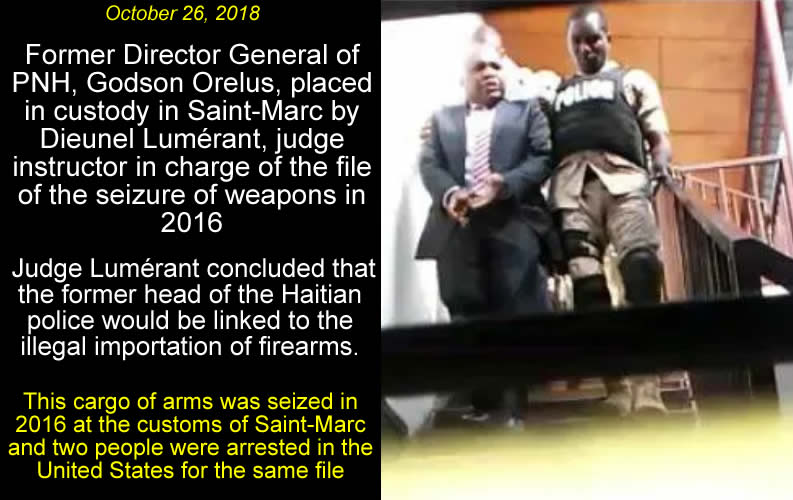
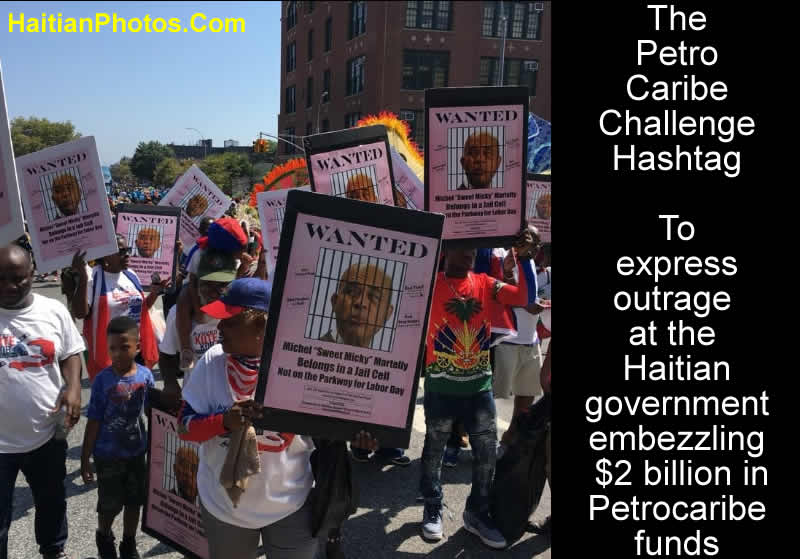
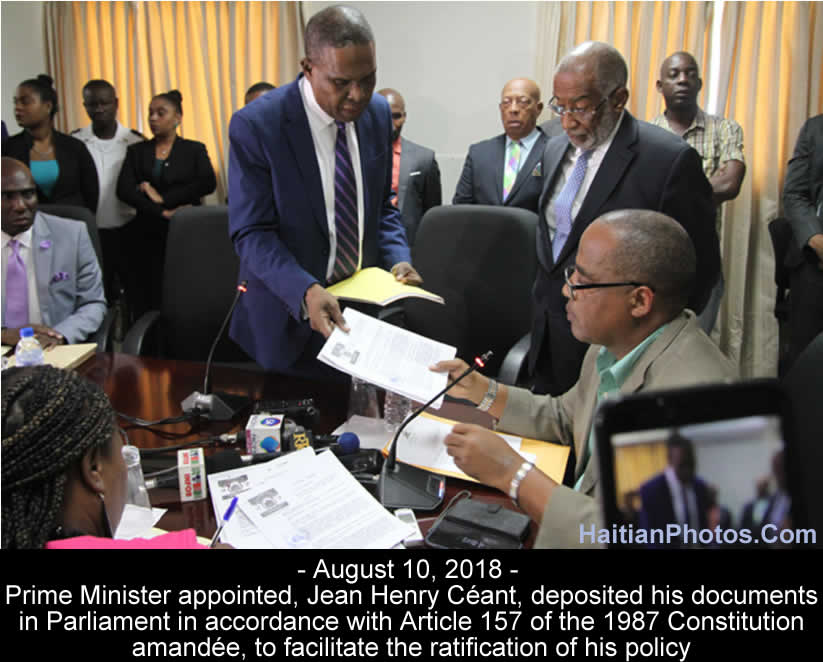
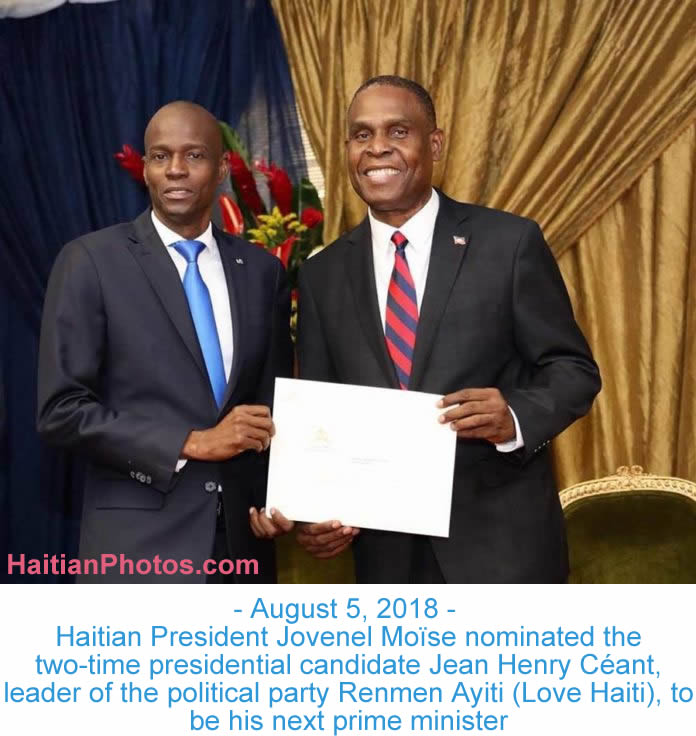
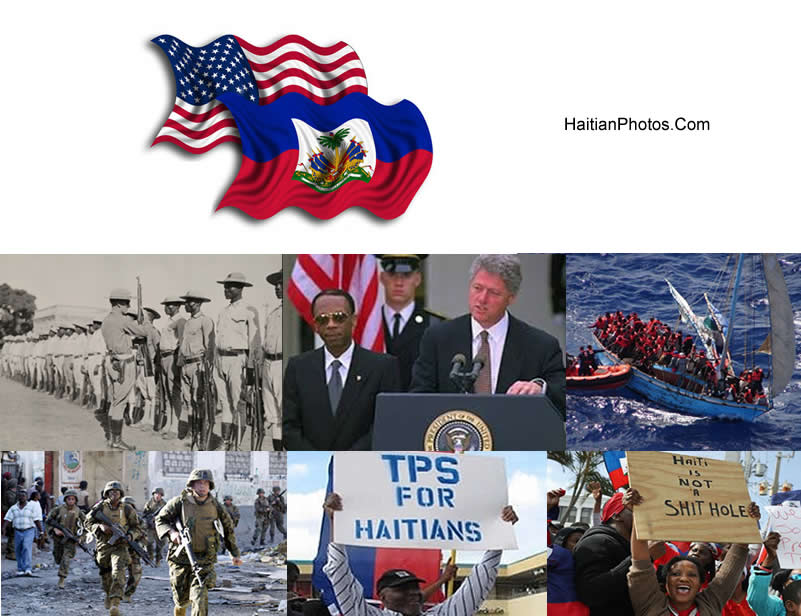
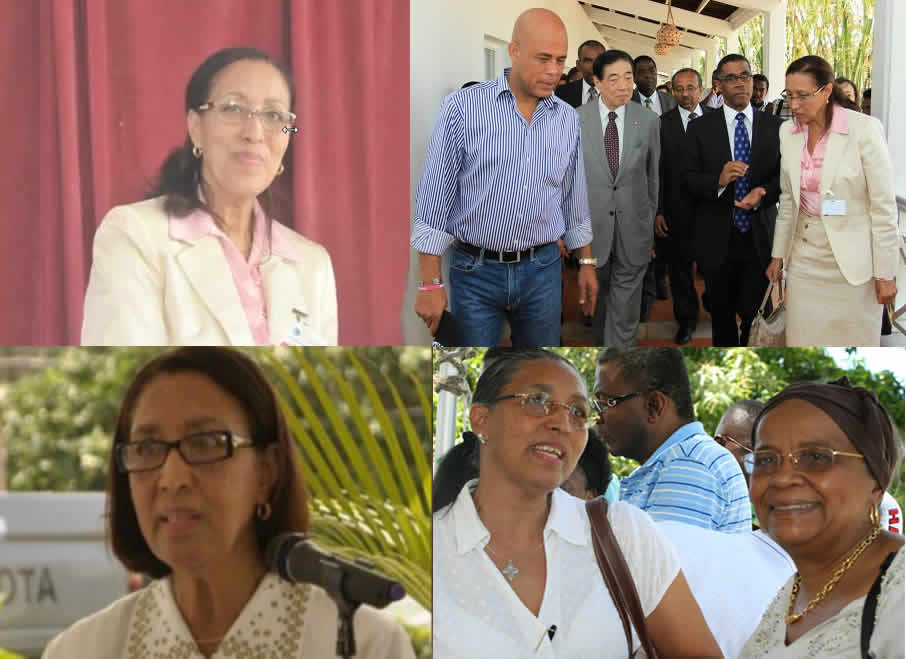

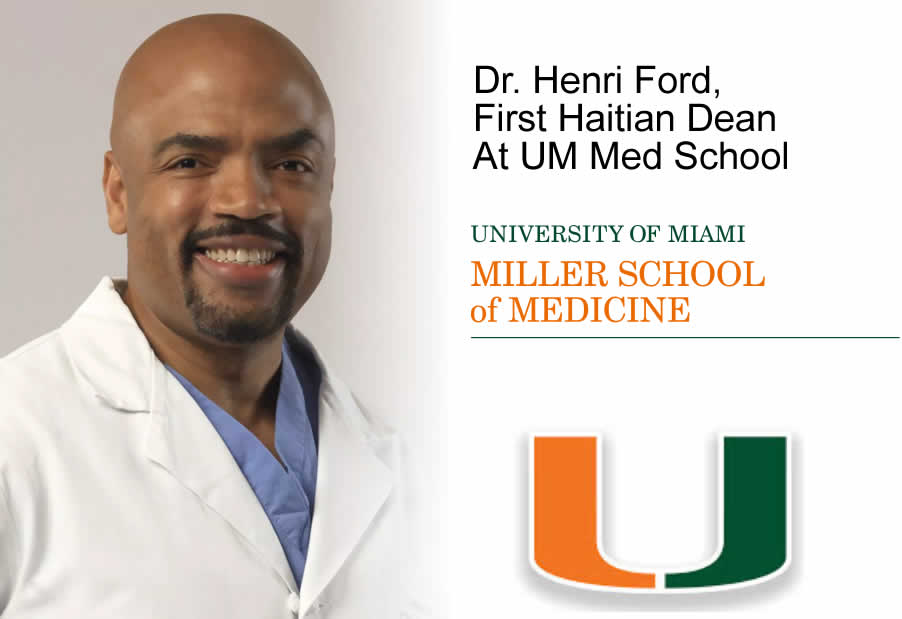

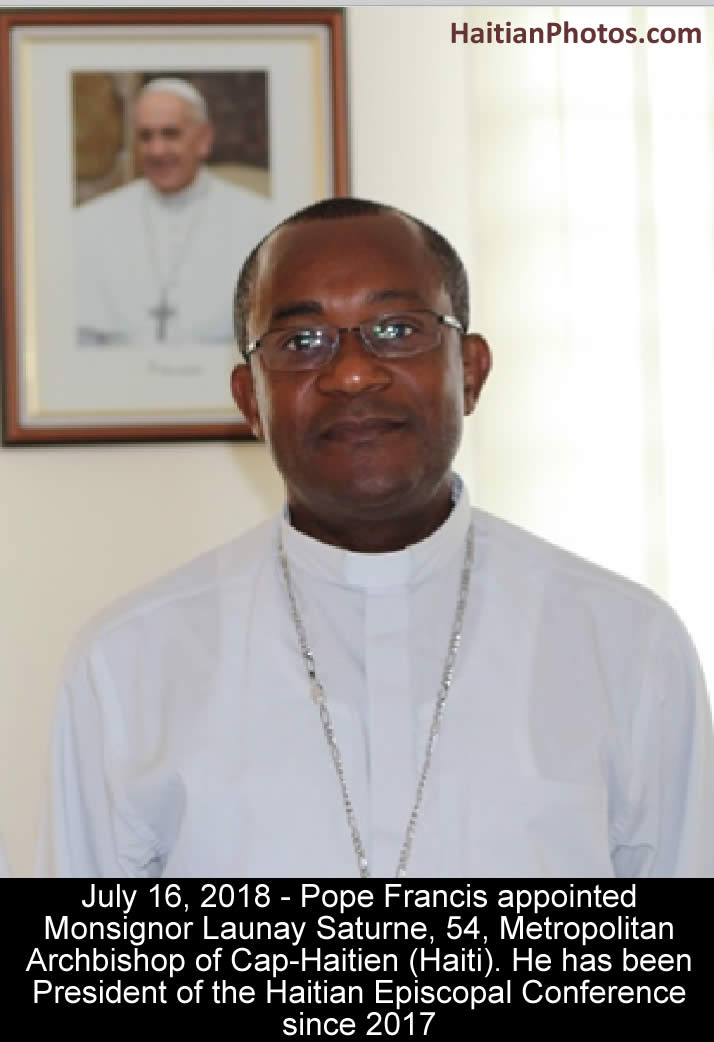
 Grey Pierson visiting Tortuga Island in 1972
Grey Pierson visiting Tortuga Island in 1972  Haiti License Plate or Plaque d'immatricules a DGI
Haiti License Plate or Plaque d'immatricules a DGI  All inclusive Royal Decameron Indigo
All inclusive Royal Decameron Indigo  The Petro Caribe Challenge hashtag
The Petro Caribe Challenge hashtag  Paul Eugène Magloire, born in Quartier Morin
Paul Eugène Magloire, born in Quartier Morin 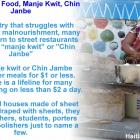 Haiti Street Food, manje kwit or Chin Janbe, for $1 or less
Haiti Street Food, manje kwit or Chin Janbe, for $1 or less  Philippe Vorbe entered world football Hall of Fame, CONCACAF
Philippe Vorbe entered world football Hall of Fame, CONCACAF  Jovenel Moise, the president has spoken. Period
Jovenel Moise, the president has spoken. Period 



